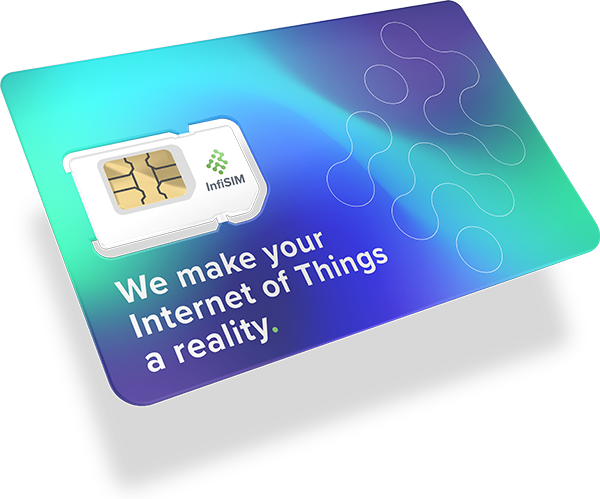Reduce energy wastage with IoT.
IoT in energy
IoT applications in the energy sector
Implementing connected technology through the use of machine to machine communication has an array of benefits for businesses operating within energy.
How the Internet of Things is being used to manage energy resources
IoT technology can be used for various applications in the energy sector such as real-time data monitoring and managing of electricity consumption, tracking and managing renewable energy resources, optimising power grid operations, and managing electric vehicle charging.
The benefits of the IoT in energy production
The Internet of Things, or IoT, is having a profound impact on the energy sector. By connecting devices and systems to the internet, energy companies are able to improve efficiency, lower costs, and provide better service to their customers.
How IoT is changing the retail industry
It’s important to remember that it’s not just energy producers that can benefit from the deployment of IoT. There are also a wide range of products delivering fantastic benefits for end users looking to improve efficiency within their very own smart homes.
Industries that will benefit
Smart energy can power smart industries
Efficiently managing energy is a win-win for all parties. Industries such as smart agriculture and smart cities, where the demand for energy is high but can be made more efficient through effective deployment of IoT technology, are always on the lookout for new technologies to enhance efficiency. And as more of these technologies emerge, productivity and sustainability will begin to work hand in hand.
E-mobility
As e-mobility grows in popularity, the demand for increased energy to power electric vehicles continues to rise. Given this increase in demand, it’s critical that energy manufacturers are able to improve how efficiently they produce and store energy, IoT is the solution to this problem.
The future of IoT in energy
The energy sector is already beginning to harness the power of the IoT. For example, utilities are using smart meters to collect data on electricity usage, which helps them to improve grid management and identify areas for efficiency improvements. In the future, the IoT will enable even more transformative applications in the energy sector.
For example, the IoT Sims could be used to create virtual power plants that could provide backup power during times of peak demand or when traditional power plants are offline for maintenance. The IoT could also be used to manage electric vehicle charging so that it doesn’t overload the grid.
How to get started with your IoT deployment
If you’re looking to implement IoT technology within your organisation whether you’re in energy sector or not, InfiSIM’s M2M SIMs enable unrivalled connectivity, allowing you to reliably connect to any device, from anywhere in the world. Book a free no obligation consultation with one of our M2M SIM experts. We’ll talk you through every detail and even provide you with a free 30-day trial so you can experience how good our IoT SIMs are. After initial deployment, we’ll help you scale to meet your business objectives.

